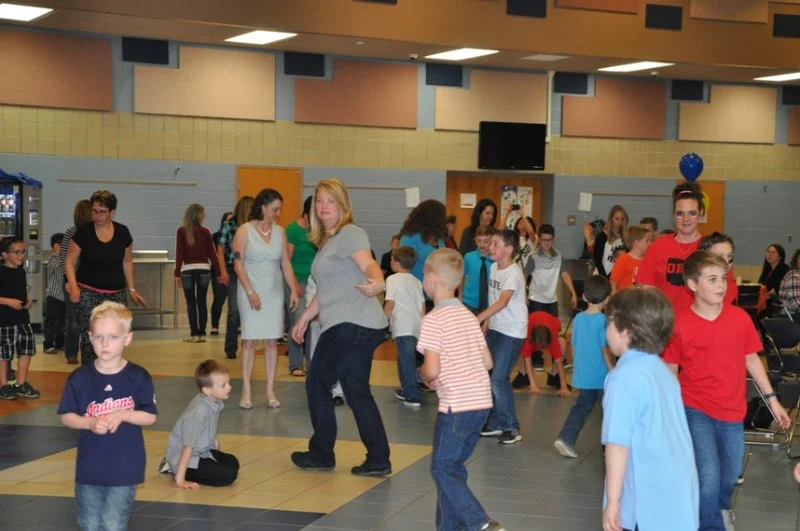
- what-to-know-if-your-husband-wants-to-attend-mother-son-dance-school
- understanding-the-purpose-of-mother-son-dance-school
- can-a-father-or-husband-attend-in-place-of-the-mother
- personal-stories-from-families-who-made-it-work
- tips-on-navigating-substitute-partners-in-dance-programs
- how-to-find-inclusive-dance-schools-near-you
1. What to Know if Your Husband Wants to Attend Mother-Son Dance School
If you’re wondering, “can my husband go mother son dance school,” you’re not alone. It’s a question that reflects changing family dynamics and a desire to stay involved in children’s lives, even if it’s not in the traditional roles. Whether the biological mother isn’t available or your son simply feels more connected with dad in this area, some dance schools are open to flexibility.
2. Understanding the Purpose of Mother-Son Dance School
Traditionally, mother-son dance programs are designed to strengthen the emotional bond between mothers and sons through shared physical activity and performance. They are popular at weddings, schools, and community events, and often focus on teamwork, rhythm, and fun. However, at their core, these programs are about connection—and connection doesn’t always follow a strict family template.
3. Can a Father or Husband Attend in Place of the Mother?
The short answer is: it depends on the school. Many progressive dance schools—especially those focused on family participation—understand that circumstances vary. If the mother is unavailable, it’s common for a father, uncle, aunt, or even a grandparent to step in. The best approach is to contact the school directly, explain your family’s situation, and see if they support such substitutions.
4. Personal Stories from Families Who Made It Work
Take the story of Jordan and his son Caleb from Michigan. When Jordan’s wife passed away, he stepped into every role, including dance partner. With support from their local program and a bit of courage, they performed a lively swing routine at their school’s spring recital. Another story comes from Lisa in Texas, whose husband joined a mommy-son dance class while she was away on deployment. Not only did it work, it inspired the school to rename the program to “Family Dance Duos.”
5. Tips on Navigating Substitute Partners in Dance Programs
If your husband wants to attend with your son, communication is key. Reach out to the program in advance to ask if substitutions are allowed. Reassure the instructors that your son is comfortable with the arrangement. Dress the part, stay enthusiastic, and most importantly—have fun. Programs appreciate effort, and many will support loving family involvement over rigid tradition.
6. How to Find Inclusive Dance Schools Near You
Organizations like American Dance Academy welcome all family types and encourage participation over perfection. Look for schools that promote inclusive family programming and flexible partner arrangements. These environments focus on the emotional experience, not just performance, and offer your child a more welcoming place to express themselves. Whether it’s your husband, you, or another loving relative—it’s the partnership that matters most.
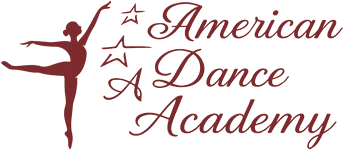

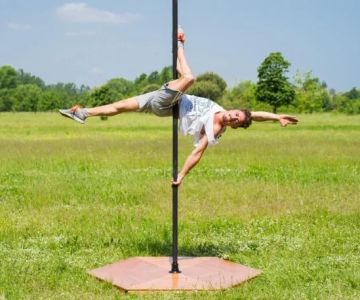
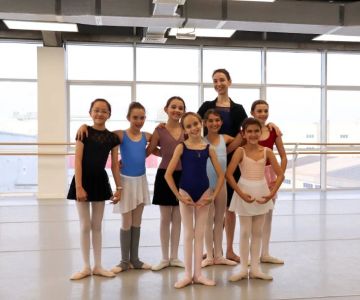
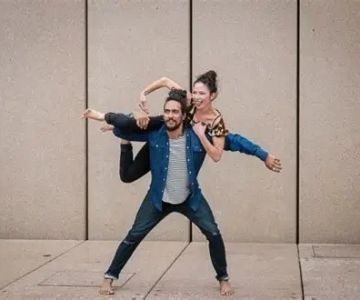
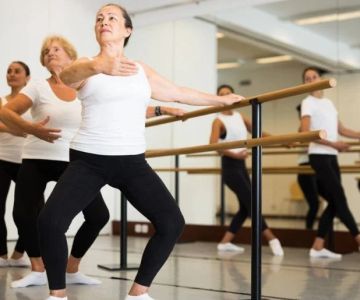
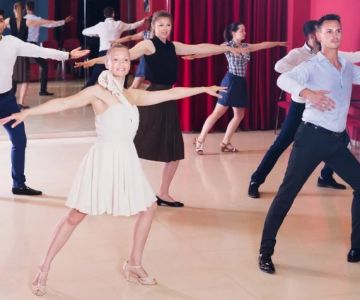
 Barrington Dance Academy5.0 (22 reviews)
Barrington Dance Academy5.0 (22 reviews) Canyon Concert Ballet4.0 (17 reviews)
Canyon Concert Ballet4.0 (17 reviews) Big City Dance Center LLC4.0 (25 reviews)
Big City Dance Center LLC4.0 (25 reviews) Tye Chua Dance & Kalamazoo Ballet5.0 (18 reviews)
Tye Chua Dance & Kalamazoo Ballet5.0 (18 reviews) Fenton Ballet Theatre4.0 (24 reviews)
Fenton Ballet Theatre4.0 (24 reviews) Front Street Dance Center5.0 (7 reviews)
Front Street Dance Center5.0 (7 reviews) Are There Dances in Middle School? What Students and Parents Should Know
Are There Dances in Middle School? What Students and Parents Should Know How a Dance School in Instagram Builds Community and Success
How a Dance School in Instagram Builds Community and Success Why Do Schools Teach Square Dancing?
Why Do Schools Teach Square Dancing?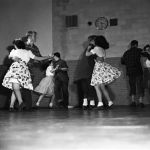 Why Was Square Dancing Taught in School?
Why Was Square Dancing Taught in School? Why Swing Dance Is Popular for Adults
Why Swing Dance Is Popular for Adults A School Dance: How to Prepare, Shine, and Make It Unforgettable
A School Dance: How to Prepare, Shine, and Make It Unforgettable